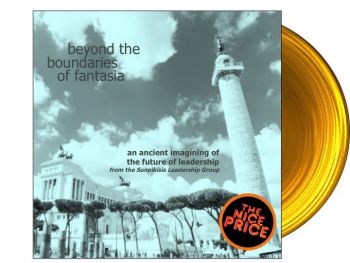Leadership in the Ancient World, The Greatest Hits

Howard University Classics professor Norman Sandridge drew on the experience of his 2014-15 Visiting Faculty Fellowship to help create a collaborative online syllabus for a course on leadership in the ancient world. He recently unveiled the project on his blog:
Here’s to the collaborators, the artists, and the idealists: Sunoikisis, a national consortium of Classics programs, is excited to announce that the online platform for its Fall 2016 course on leadership in the ancient world is now live and open to the public. This course is designed to serve as introduction to the ancient Mediterranean world in the tradition of courses on vocabulary building through Greek and Latin, mythology, and gender and sexuality.
The course’s particular goal is to inspire new visions of leadership through an in-depth study of leadership in classical antiquity. Drawing on literature, history, archaeology, and material culture, the fifteen modules explore big questions about crises of leadership, leaders and followers, gender and leadership, rhetoric and self-presentation, and more.
Designed with a general audience in mind, each course module includes a broad introduction to its topic; ancient readings and images accompanied by guiding questions and expert commentary; seven hours of independent study activity; suggested group activities; ‘deeper cuts’ into ancient readings and contemporary scholarship; as well as reflection prompts designed to bridge the study of ancient leadership with one’s experience of leadership today. The course includes material from Greek, Roman, Egyptian, and Persian antiquity, arranged to maximize thought-provoking connections between modules.
In addition to Sandridge, the collaboration was led by Joel Christensen (Brandeis University), John Esposito (UNC-Chapel Hill), and Mallory Monaco Caterine (Tulane University) and received input from over twenty professors. The syllabus will be the basis for independent courses at a number of institutions this fall. It is also being offered to the general public. Anyone with sufficient interest can sign up to be guided by a professional tutor online—see Sandridge's announcement for details.
Referenced People
|
Associate Professor of Classics
|

